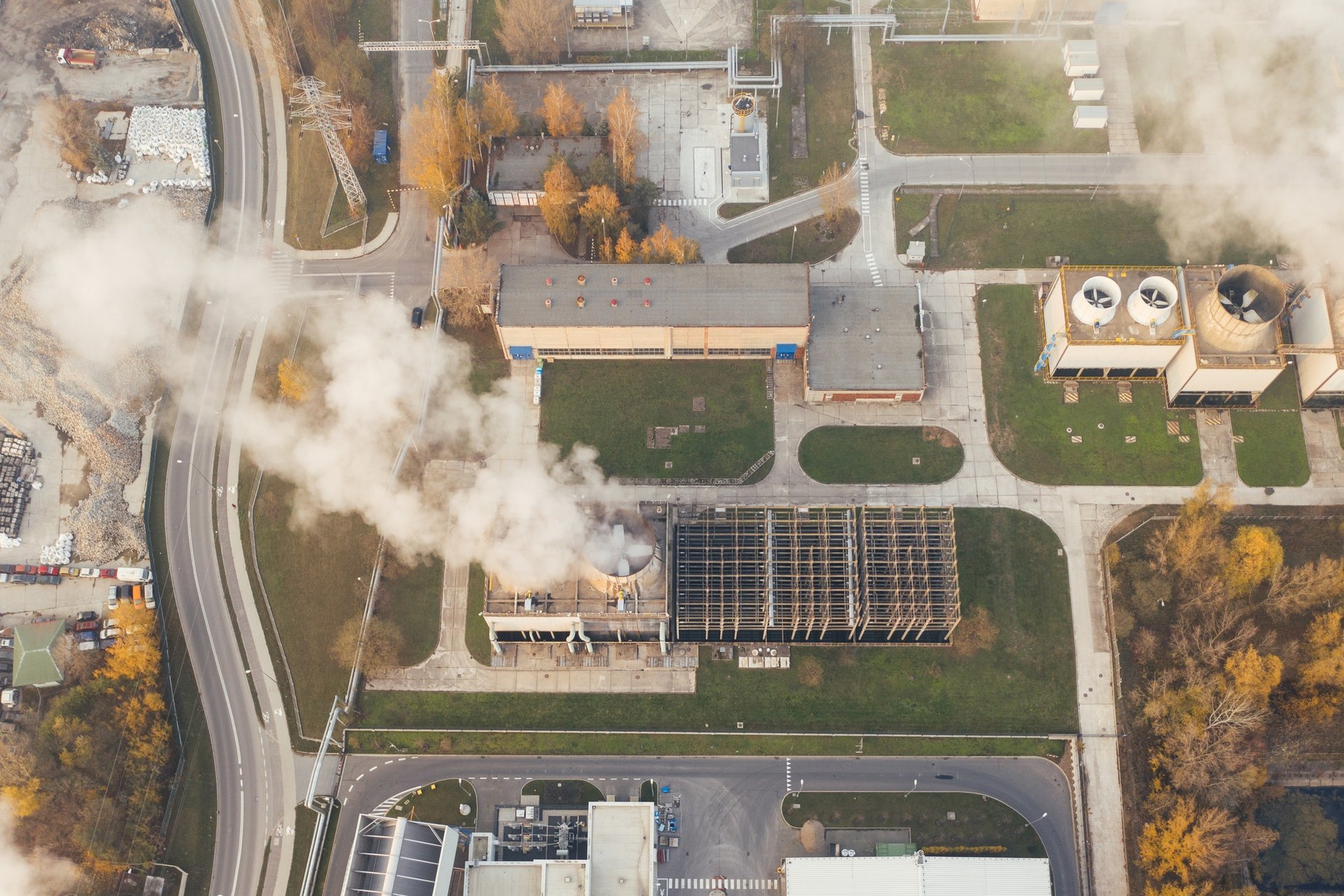UN member states at the Katowice climate forum agreed on a set of rules to combat climate change. In particular, they formulated requirements for the reduction of harmful emissions and procedures for monitoring its compliance. These rules should help implement the goals agreed three years ago at the Paris climate summit. Is the world really serious about fighting global warming?
Cheating will become harder
The UN climate conference in Katowice made important progress on a range of issues, The Irish Times notes with satisfaction:
“The outcome of the summit has, for the first time, brought transparency into how exactly climate protection measures will be implemented. And if the issues that remain open will be resolved next year, there will be an end to ‘double-entry bookkeeping’ – where emissions reductions are counted twice. Delegates also managed to balance the concerns of the smallest, poorest, and most vulnerable countries, the concerns of the industrialized countries that contribute most to global warming, and the concerns of the threshold economies that are not prepared to bear an even greater ‘climate’ burden. In addition, there is finally a clear strategy for long-term and tangible financial assistance for adaptive measures.”
The crisis hides a chance
The water is already slowly coming up to our throats, but this is what appears to be finally forcing humanity to do something about it, Kevin Buckland, artist and activist and member of Global Climate Justice, expresses this hope in the pages of Krytyka Polityczna:
“Any crisis that shakes a society destroys, among other things, some cultural norms – and thus opens the door for people to organize themselves anew. There is no way to save the ship from wreckage, but we can at least slow it down. Instead of waiting for the captain to give us a place in the lifeboat, it’s time we all thought together about converting the deck chairs into life rafts.”
Most of the questions have been answered
Although the earth’s climate is not yet salvageable, these protracted and difficult negotiations have still paid off, Deutschlandfunk believes:
“Fortunately, the commonwealth of nations has adopted strict rules to protect the climate, namely that in the future every country will have to keep records of its CO2 emissions and report to the global community accordingly. In addition, developed countries are now obliged to report on how they are fulfilling their promise to help developing countries protect the climate. All this sounds rather technical and dry – but it really is. Nevertheless, the climate forum answered most of the questions that remained open after the Paris climate summit. The Paris Agreement concluded three years ago has become a kind of constitution for climate protection, and now we also have an ‘administrative code’ – which is a huge step forward. This alone makes it possible to say that the summit in Katowice was a great success.”
International cooperation works
The results of the climate summit offer hope for improvement, says Hospodářské noviny:
“Almost no one anymore shares the opinion of former Czech President Vaclav Klaus, who said that the issue of global warming can be solved simply by taking off your sweater. There is now a clear will and desire to implement concrete – and sometimes even costly – measures. In addition, there has been no justification for the previously voiced fear that nationalism, which is now gaining momentum everywhere, would negatively affect the willingness of countries to abide by their common commitments to combat climate change. The spirit of international cooperation is not dead, and our situation is far from hopeless.
A lot of noise, but not much help.
The climate summit could have been avoided, says Gazeta Wyborcza:
“Yes, the delegates adopted a set of rules for the implementation of the Paris climate agreement. They agreed that every five years, they will check and take into account how individual countries implement measures to save the climate. But what value does this agreement have against the background of the Intergovernmental Panel on Climate Change’s [IPCC] report that a catastrophe awaits us all in twelve years? Honestly, we could have saved 250 million zlotys by not closing Katowice for two weeks and by not sending policemen from all over the country. Instead of all that, it would have been possible to do a simple e-mailing – with a smiley face at the end.”

